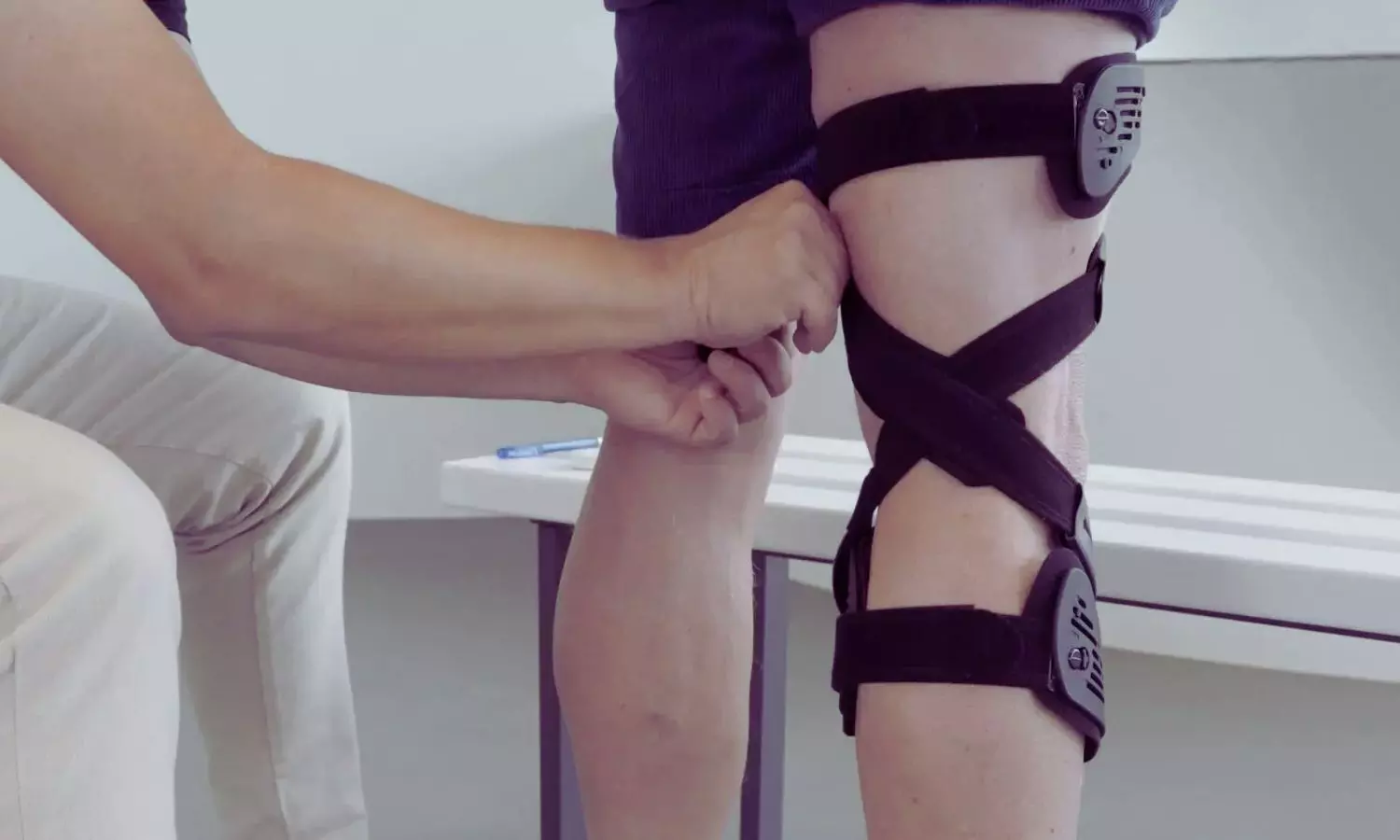By Fiona Callingham,Tom McGhie
Copyright dailystar

Brits have been warned about potential warning signs of a dangerous health condition that “many” are “completely unaware” they’re suffering from. It’s estimated that roughly two in five UK adults are living with raised cholesterol levels, yet many remain clueless about their condition. Elevated cholesterol, medically known as hypercholesterolaemia , occurs when too much of a fatty substance called cholesterol builds up in the blood. Left untreated, this can lead to blocked arteries, potentially causing life-threatening emergencies such as heart attacks and strokes. Various risk factors play a role in this condition, including lifestyle choices like eating fatty foods, lack of exercise, being overweight, smoking, and drinking alcohol. However, the UK Health Security Agency (UKHSA) has stressed that many patients remain “completely unaware” of their condition as it seldom causes obvious symptoms. The only reliable method to establish whether you have high cholesterol is via a blood test. Although symptoms are uncommon, there are certain indicators to watch for if you suspect you might have elevated cholesterol. First, you should recognise that you face a higher risk of developing raised cholesterol if: However, if you’re grappling with high cholesterol due to genetic factors, a condition known as familial hypercholesterolaemia, there may be visible signs of elevated cholesterol levels, as per the British Heart Foundation (BHF). These include:, reports the Mirror . Moreover, some warning signs of high cholesterol can actually appear in your feet and legs. Peripheral artery disease (PAD) is a condition triggered by fatty deposits accumulating inside your arteries, often focusing on the feet. This implies that alterations to your feet and legs could signal both PAD and high cholesterol. Symptoms of PAD include:. There are several strategies you can adopt to lower your risk of high cholesterol. These include:. If you notice any of the potential symptoms mentioned above or if you have concerns about your cholesterol levels, it’s advisable to consult your GP.



